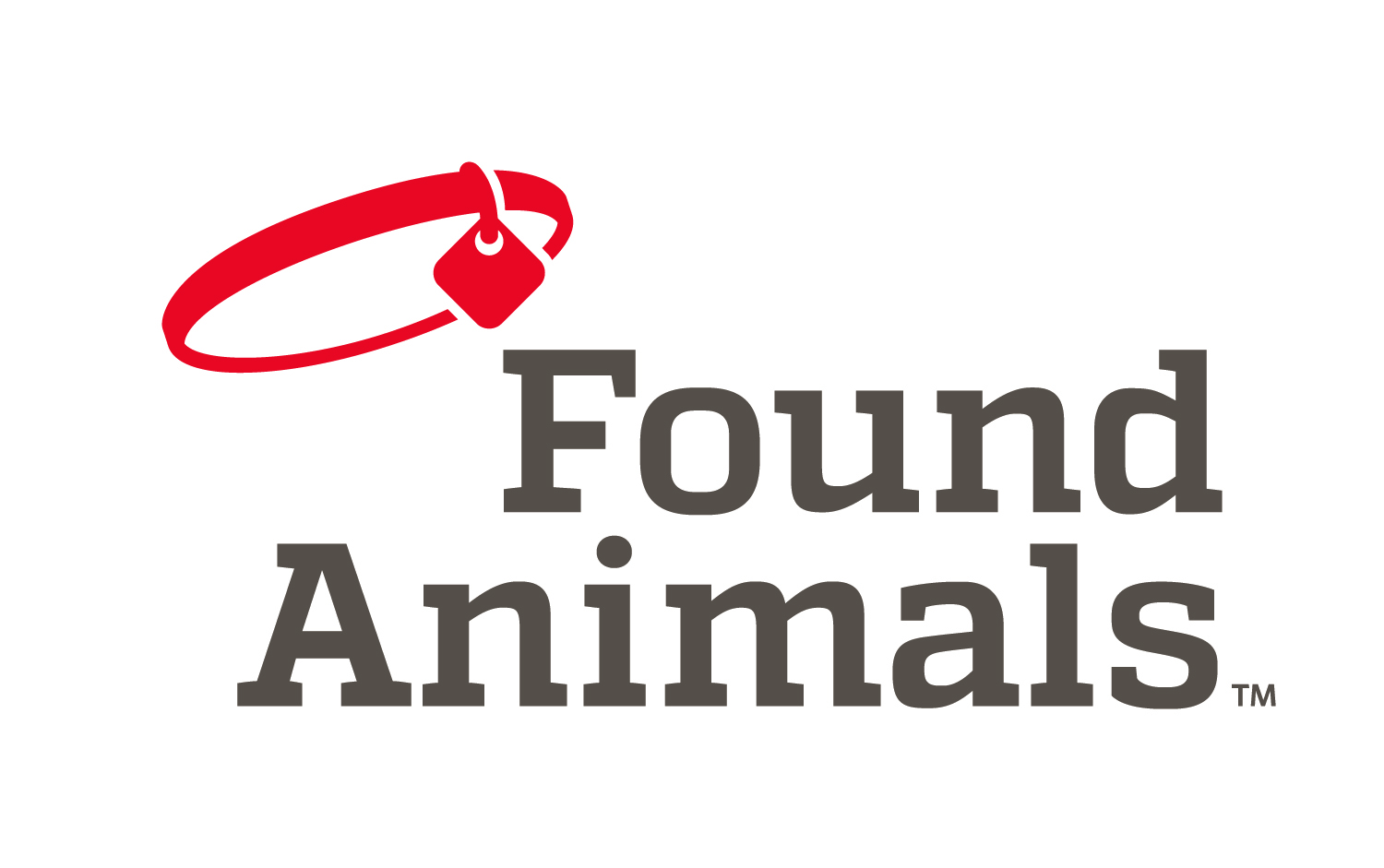6 Tips for Adopting the Right Match
When looking to adopt a new dog – whether it’s an addition to your current pack, your first pup or you’re looking to have a dog again after some time spent solo – you’re obviously considering what kind of dog you’d like to have. You’re likely thinking about things like size, breed, personality traits and where you’ll get them from. These are all vastly important things to consider, but they certainly aren’t the only ones! In fact, it’s amazing how much we can obsessive over one detail of the process without really considering how important (maybe even more important) another detail is. With this in mind, we wanted to share some tips on what to look for and ultimately how to pick a rescue dog, whether you’re going through a shelter or rescue.
Photo from Save Our Shelter – Tune in Saturdays. (Check your local listings!)
1. Don’t limit yourself to one place or too short a time-frame. It’s doubtful you need a dog by this weekend. We don’t have to tell you that taking in a living animal is a serious thing, both for you and the pup. Once you’ve made the decision to adopt, give yourself time to find the perfect fit. It may take several weekends of visits before you find a good match. And don’t limit yourself to one place either. A little research will likely lend more options than you might have thought available to you. Most towns, even small ones, have at least one rescue and one shelter, and more in a short drive. See what they all have to offer! What do you have to lose? (Besides literally wanting all. the. dogs.)
2. Do your breed research. We’re firm believers in being open-minded about what breed you adopt, especially since you’ll likely end up with a mixed breed pup and then the regular dominant personality traits get pretty muddled anyways. However, it’s still smart to look into the kinds of breeds you’ve been thinking about and see if it matches your lifestyle. Yes, Australian Shepherds are very, very cute. They also shed like crazy and need tons of exercise and attention, and that’s the more important fact to consider.
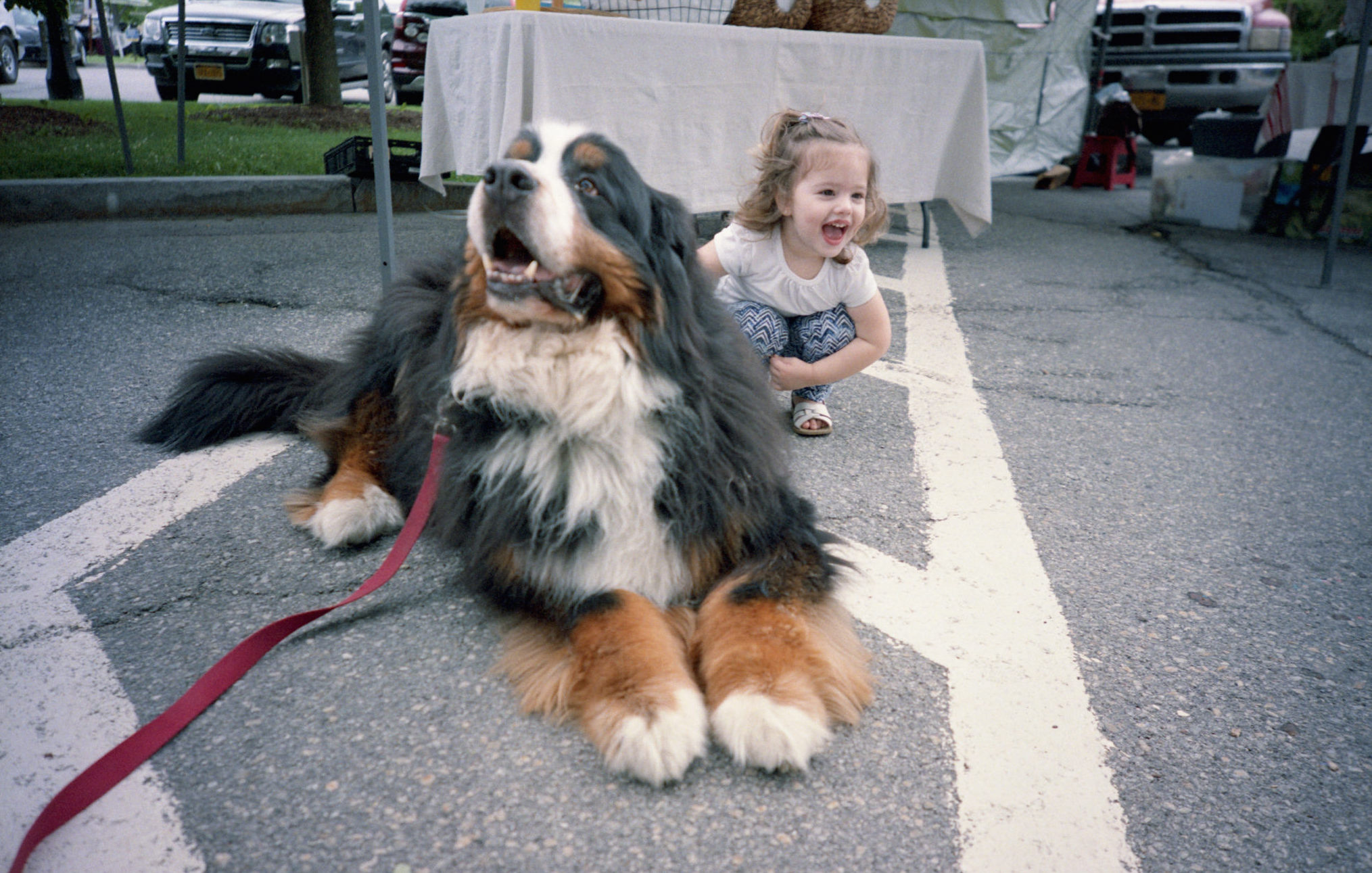
Photo by George Bremer
3. Think about size, seriously. While we feel like the breed is actually less important than the personality and general disposition of the dog, we do think it’s very important to consider size. And not for the reason you might initially think! A lot of people don’t want a big dog because they assume that’s instantly more work, and we don’t think that’s necessarily true. A small dog can be aggressive, barky, sheddy, hyper, etc., just like a big dog can be easy going, lazy and quiet. You have to judge that dog-to-dog. The more important way to consider size is in your lifestyle. If you travel a lot and want to bring your dog with you, a dog 30 pounds and under is going to be a lot easier to have along on trains and plane rides, or even around town. Not a world traveler but really into runs in the park or hikes on the weekend? We’re not saying tiny dogs don’t like some exercise here and there, but a lab would probably make a better running buddy. Think about your own life and how you’d like a dog to fit into it. That should inform a lot of your choices!
4. Ask a shelter staff member, or rescue organizer to suggest a dog for you. Tell them about your lifestyle, about dog’s you’ve had or been around that you’ve loved and get their honest opinion. They see these matches made every single day – trust them enough to give the dog they suggest a chance!
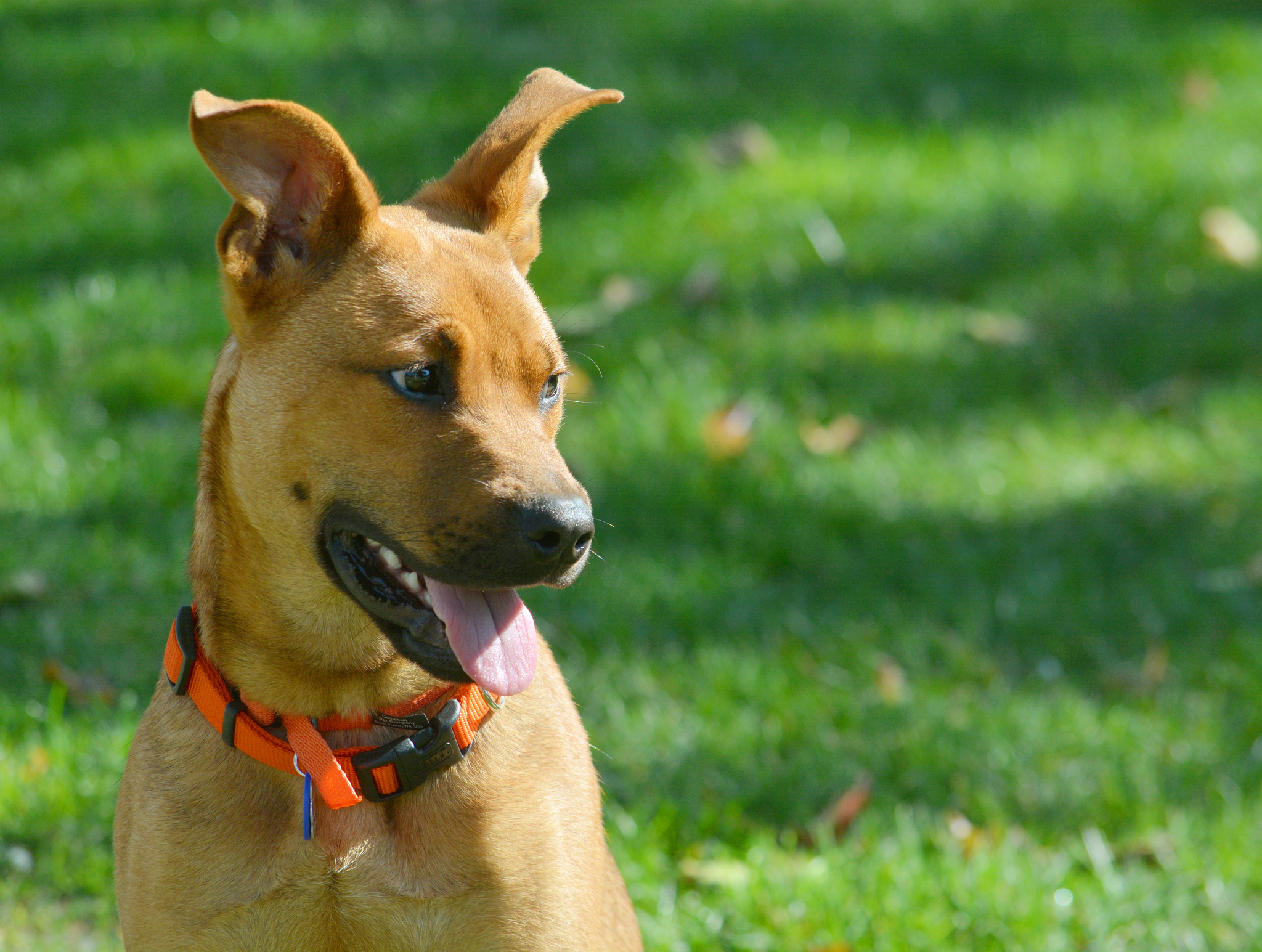
Photo by Eric Sonstreom
5. Give an unlikely match a chance. Do you have a friend with an unruly dog that they love unconditionally? Of course you do! You are most likely going to bond with any dog you select and they will definitely bond with you, so don’t put too much emphasis on that initial connection.
Don’t worry if a dog you’re meeting is more interested in their current foster or volunteer. This just shows that the dog is loyal and can form strong bonds with their pack! Some dogs, just like people, are shy upon first meetings, but that doesn’t mean they’re necessarily shy dogs by nature. A pup might also have high energy after coming out of their pin, but that doesn’t mean they’re always hyper… maybe it’s their first time out that day! Try to spend at least fifteen minutes with each dog and really talk to their foster, volunteer or caregiver. Pepper them with questions about the dog to find out their personality and ticks. Most volunteers will be totally honest with you. They’re not trying to sell you a used car, they want the right person to adopt the animal they care for. If it doesn’t work out, you’ll be bringing the pup back to them, and nobody wants to needlessly put a dog through that. They want to make the best match too, so that everyone is happy for the long haul.
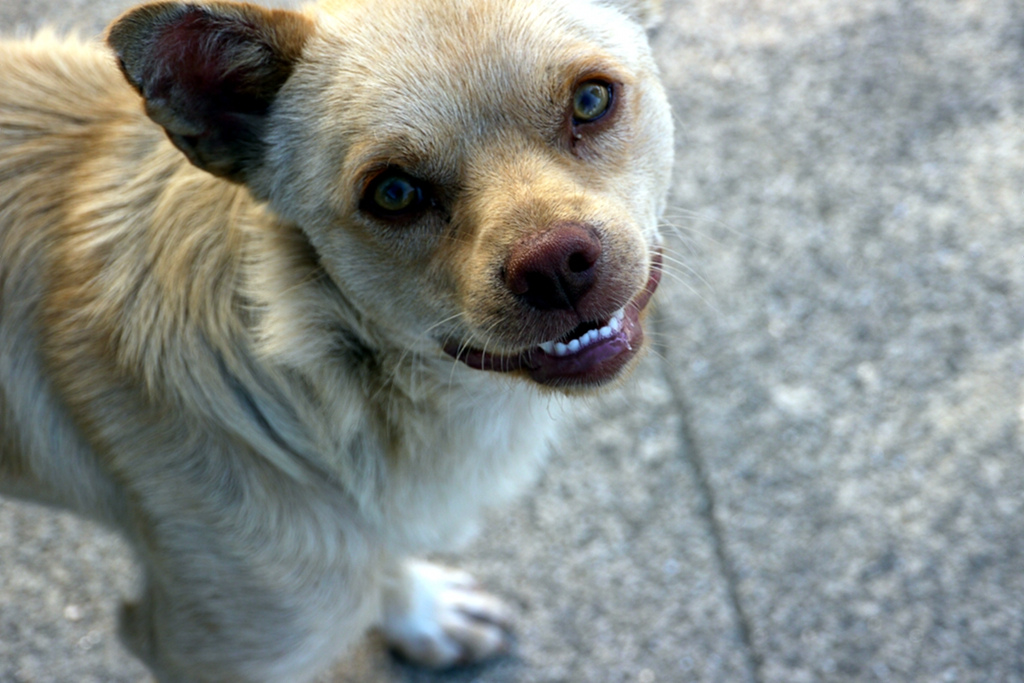
Photo by zebarnebe
6. Take some time to think. Once you’ve narrowed down your list (or maybe you’ve got a solo champion!) take the night to think about it if you have any reservations. Go check out another rescue or shelter the next day. While shelter dogs can get snatched up at any moment, you’ll generally have more time to decide about a rescue dog and a sometimes lengthy adoption process to go through. No matter the case, be sure of your choice and your commitment, because it’s a big one! Not finding a match? Don’t give up! It can take weeks or even months to find the perfect match, especially if you have specific needs or wants in terms of size or breed and age, etc. Trust us that anything is possible, and there is nothing you can’t find in a shelter or rescue somewhere with a little bit of patience. The more groups you speak with about what you’re looking for, the more you’re likely to find what you’re looking for. There is no need to settle!
We hope these tips help you as you move forward in your adoption process. Of course, there is always more to consider, so please leave your own adoption advice and stories in the comments below!
Header photo by Vicki Warwick

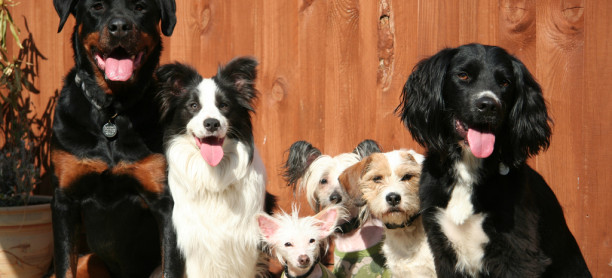
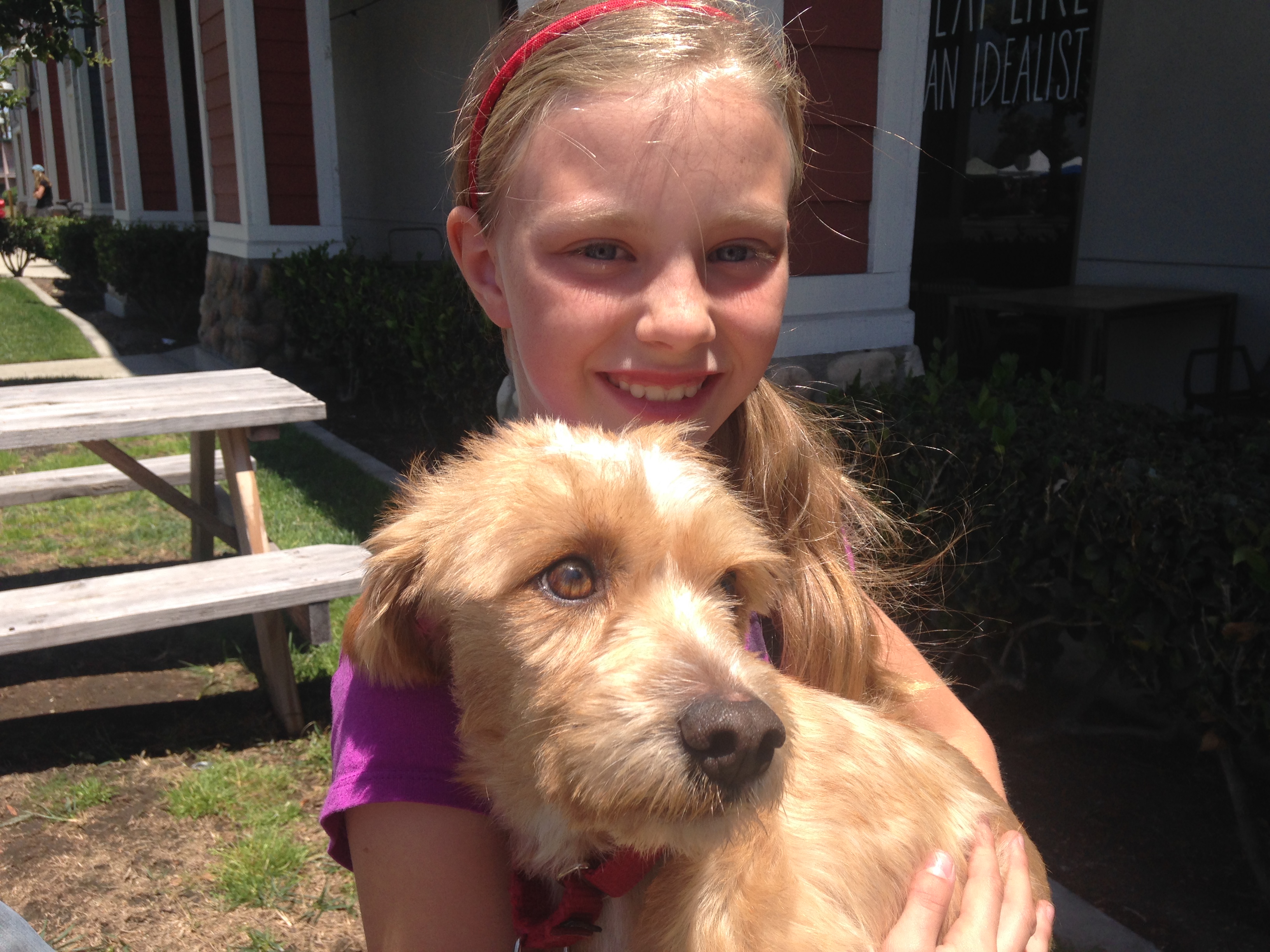
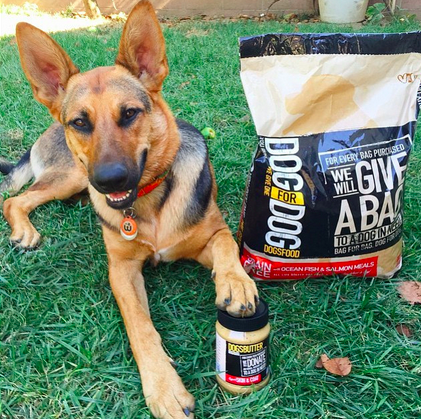 Five Reasons Why Donating Dog Food to a Shelter Makes a Difference
Five Reasons Why Donating Dog Food to a Shelter Makes a Difference Five Reasons Why Donating Dog Food to a Shelter Makes a Difference
Five Reasons Why Donating Dog Food to a Shelter Makes a Difference Adopting 101: Size, Breed, and Energy Levels
Adopting 101: Size, Breed, and Energy Levels 6 Tips for Adopting the Right Match
6 Tips for Adopting the Right Match Save Our Shelter with Cathy Bissell
Save Our Shelter with Cathy Bissell




